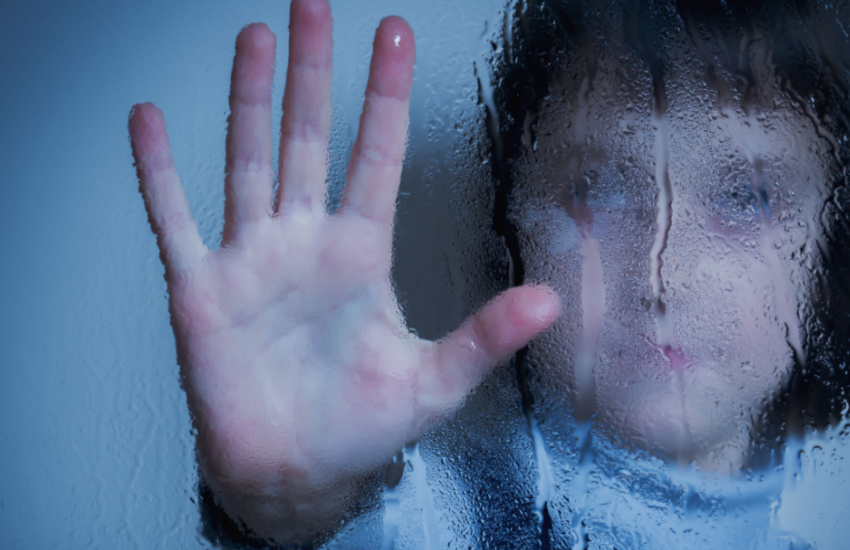Child abuse doesn’t only refer to extreme behavior by the parents. Any activity or behavior threatening a child’s physical and emotional well-being is considered abuse. It includes verbal abuse as emotional trauma, while bruises, cuts, and scratches are physical abuse. Any abuse can lead to emotional trauma, and the impact can be everlasting on the child. It can deter a child’s self-confidence, future relations, and ability to function at home or school.
Child abuse can lead to trust issues. If the child is abused, they will find it hard to trust anyone; if parents break their child’s trust, then whom should the child trust. It becomes difficult to trust anybody in future relationships. If the child is belittled, imagine how difficult it can be to overcome such feelings. They might even think they are worthless and may neglect their education and end up with low-paying jobs. It becomes challenging for abused children to express themselves and may keep everything with them. It may act out in other forms and even develop anxiety or depression. They may turn to drugs or alcohol to numb those feelings.
There are different forms of abuse physical, sexual, emotional, and child neglect.
Physical Abuse
Physical abuse means hitting, bruising, kicking, or causing bodily harm to the child.
Sexual Abuse
Sexual abuse is complicated as it has many layers of guilt and shame. It is not always about physical contact but the environment you are exposed to. Children are too afraid to come forward as they think nobody would believe them.
Emotional Abuse
Words can hurt a lot, and constant negative comments, belittling, shaming, comparing the child to others, and calling them worthless are hurtful. Ignoring the child, threats, no physical contact like hugs, kisses, etc., and even exposing the child to violence against others can severely damage the child’s mental health and social development.
Child Neglect
It is about not being able to provide proper food, clothing, shelter, health insurance, and other necessities. Sometimes it is not conspicuous, any illness like depression or anxiety, and if you are not involved and part of your child’s life, you neglect them.
Child abuse and neglect can happen in any family, but certain situations make a greater risk.
- Domestic violence – If the parent is abused and tries to protect the child, it can still damage the child’s mental health or social development.
- Lack of parenting skills – Some caregivers never learned the necessary skills for good parenting. For instance, teen parents might have unrealistic expectations about how much care babies and small children need; parents who have been victims of child abuse may only know how to raise their children similarly.
- Substance abuse – Parents who are drunk or high may be unable to take care of their children, leading to physical abuse.
- Stress or lack of support – Parenting is a stressful job if you’re raising children without the support of family or friends. So, children with special needs, disabilities, or problematic behaviors are also challenging and require support.

